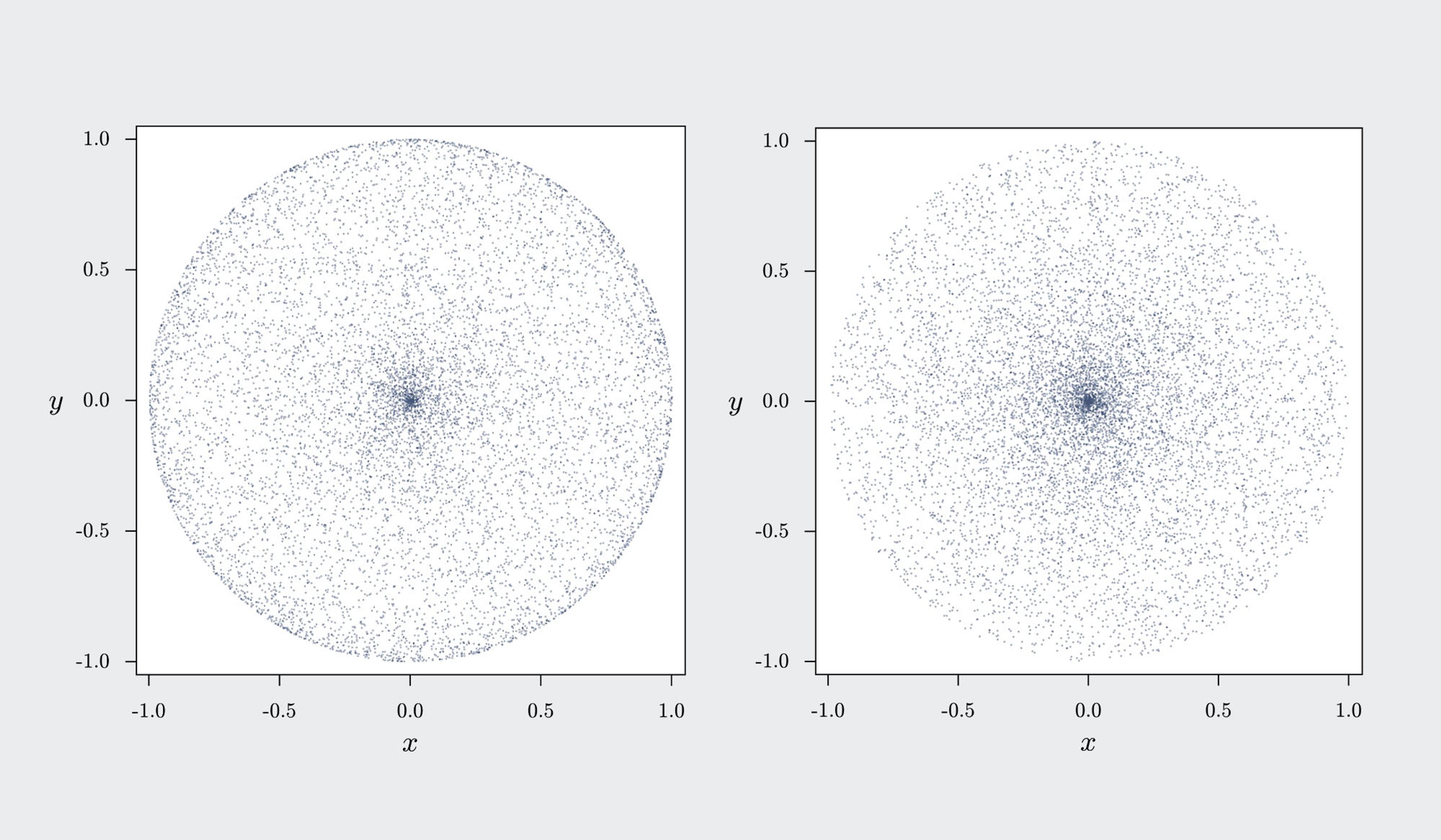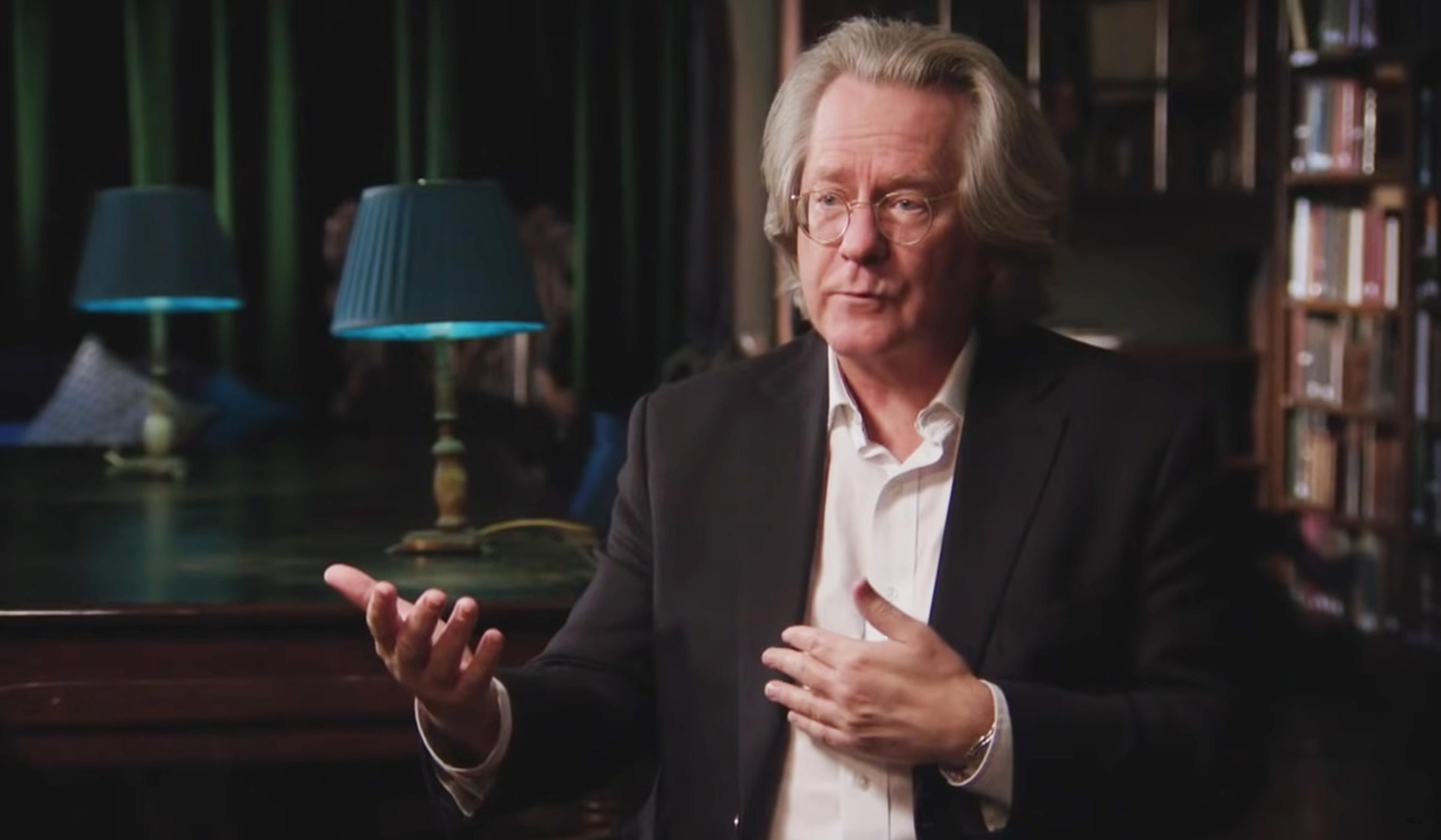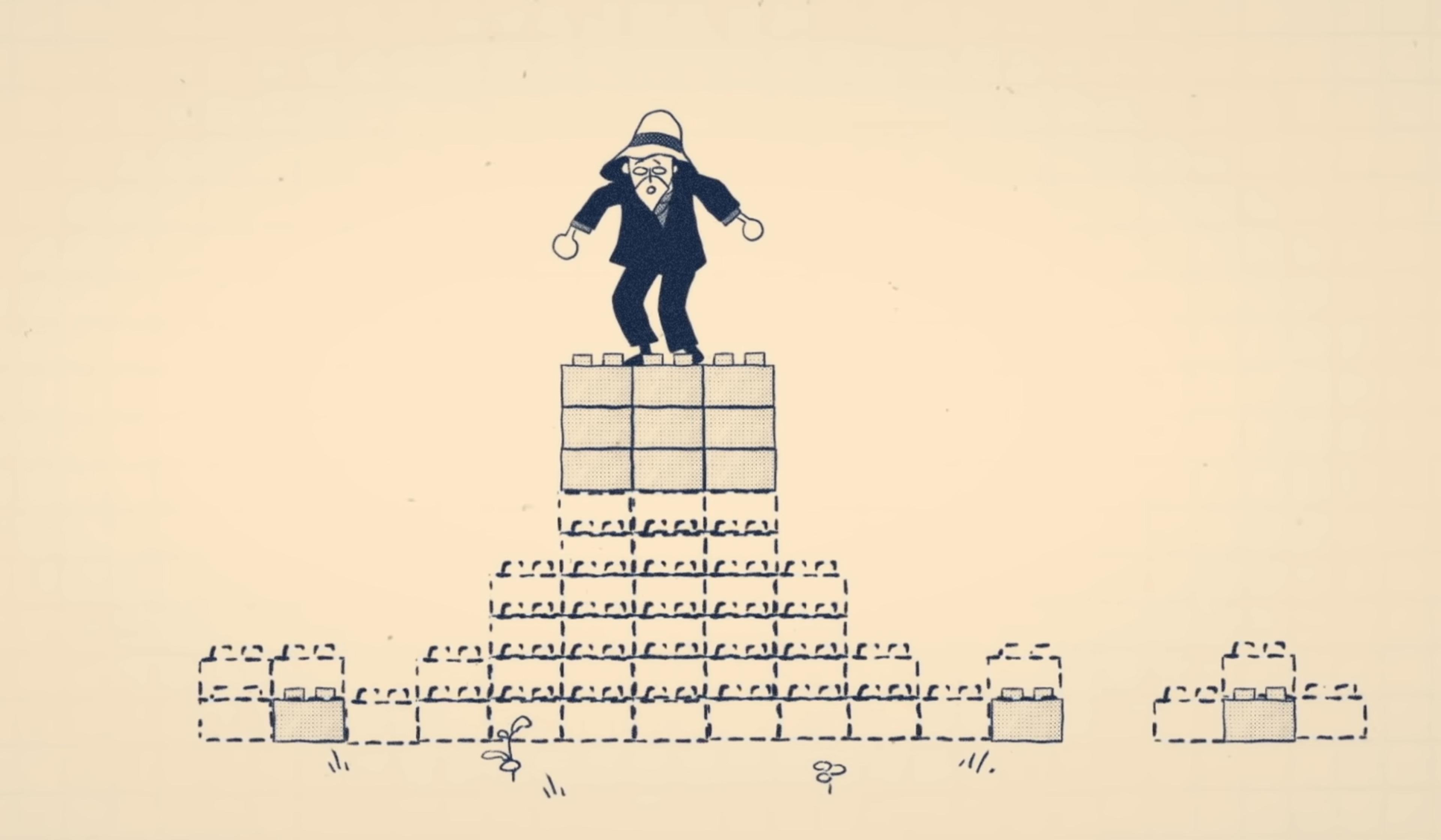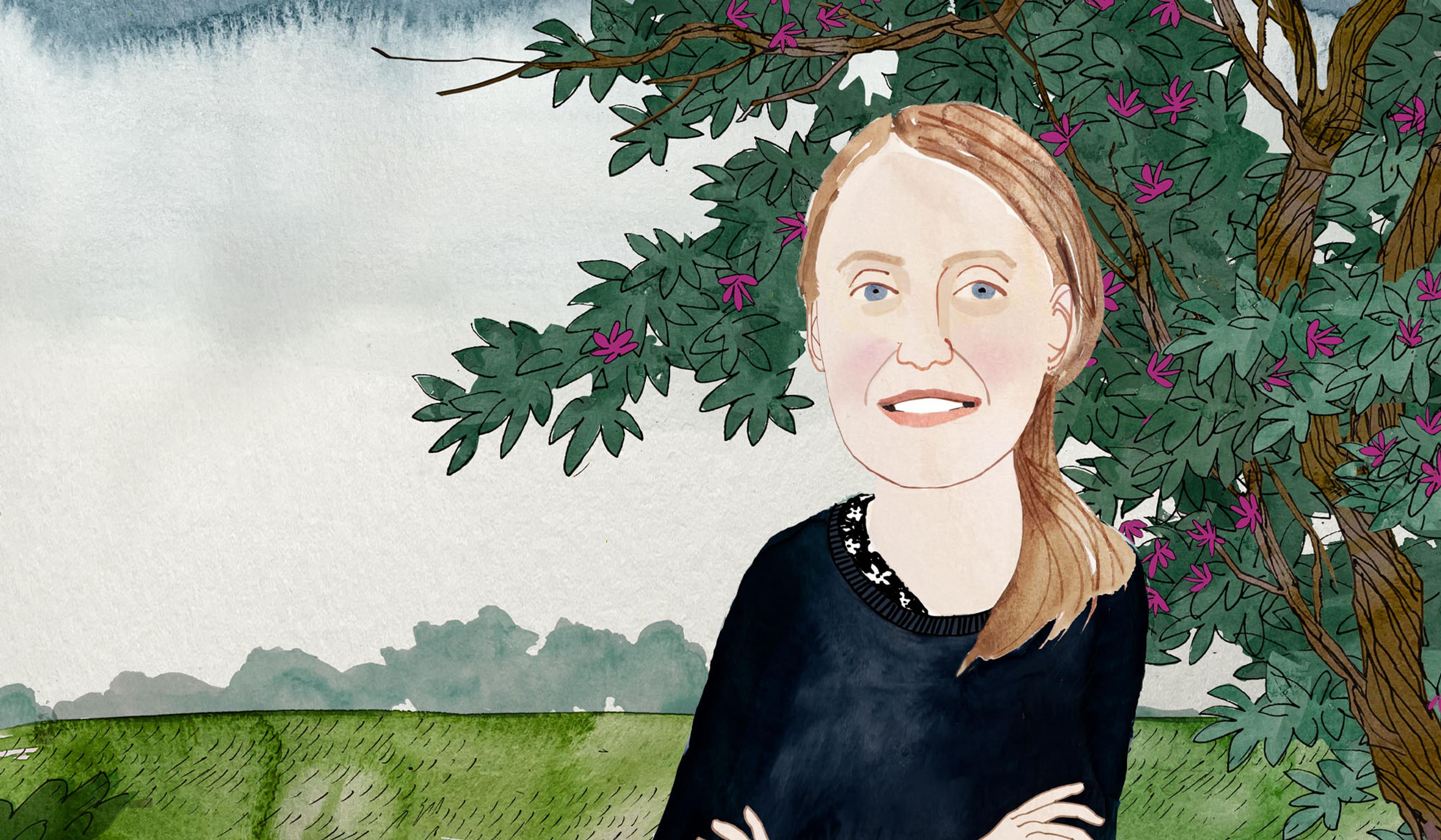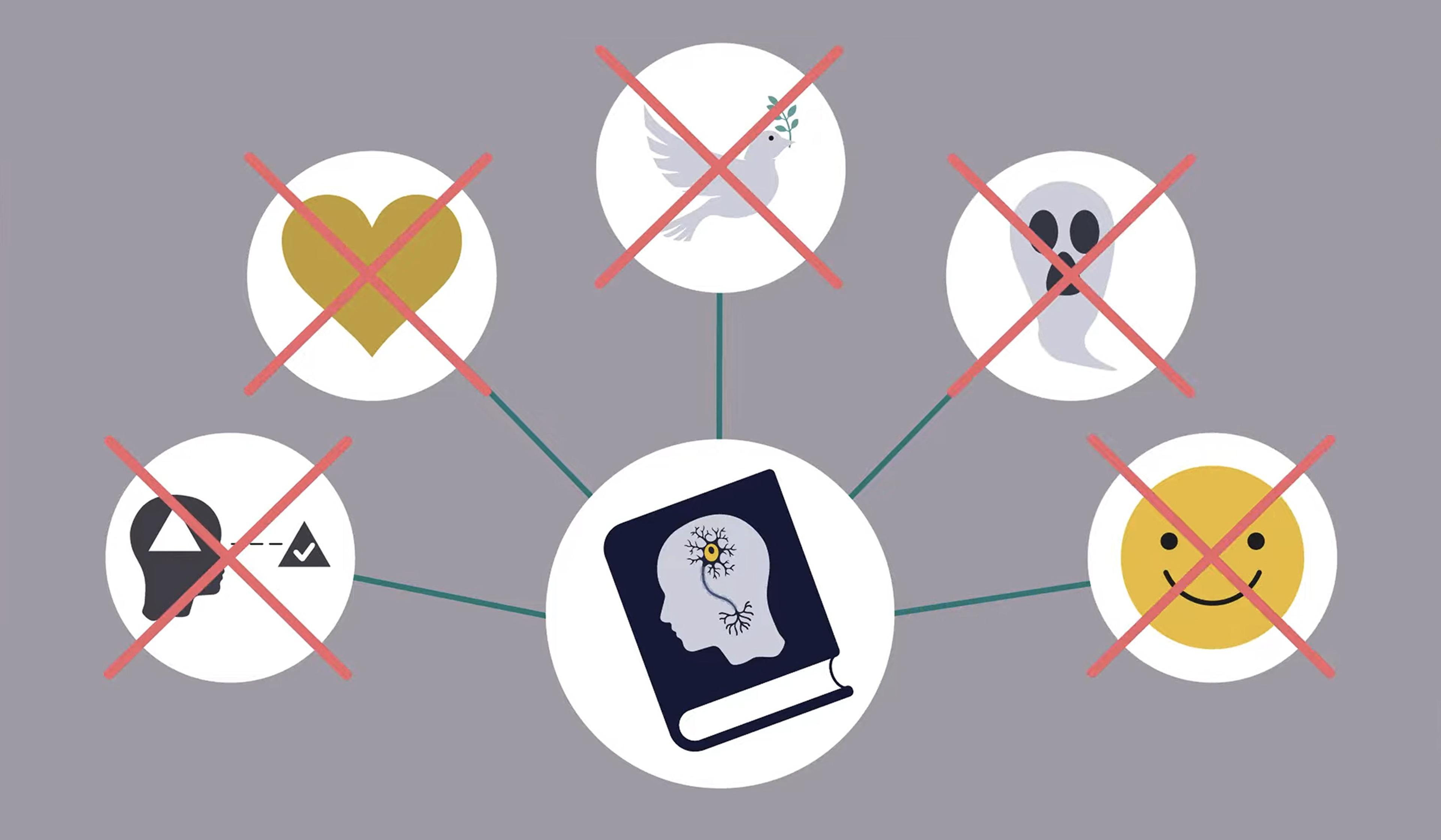Can we learn anything about what makes a raven by looking only at apples? The German-born logician Carl Gustav Hempel (1905-97) thought that, using the inductive logic that scientists rely on to prove or disprove hypotheses, you ought to be able to – but in such a way that clashes mightily with human intuition. This peculiar ripple in reasoning, which became known as ‘the raven paradox’ due to the example Hempel used to elucidate it, goes as follows:
1. All ravens are black
2. If something is not black it is not a raven
3. The fact that my pet raven is black supports the hypothesis that all ravens are black
4. The fact that my apple is red also supports the hypothesis that all ravens are black
The sequence appears to break down somewhere between the third and fourth claims. And yet, upon examination, inductive logic tells us that claim four does indeed follow. In this brief animation, Marc Lange, a professor of philosophy at the University of North Carolina at Chapel Hill, dissects why Hempel’s claim seems to hold to reason, even as it cuts against our intuitions in a way that seems unresolvable.

